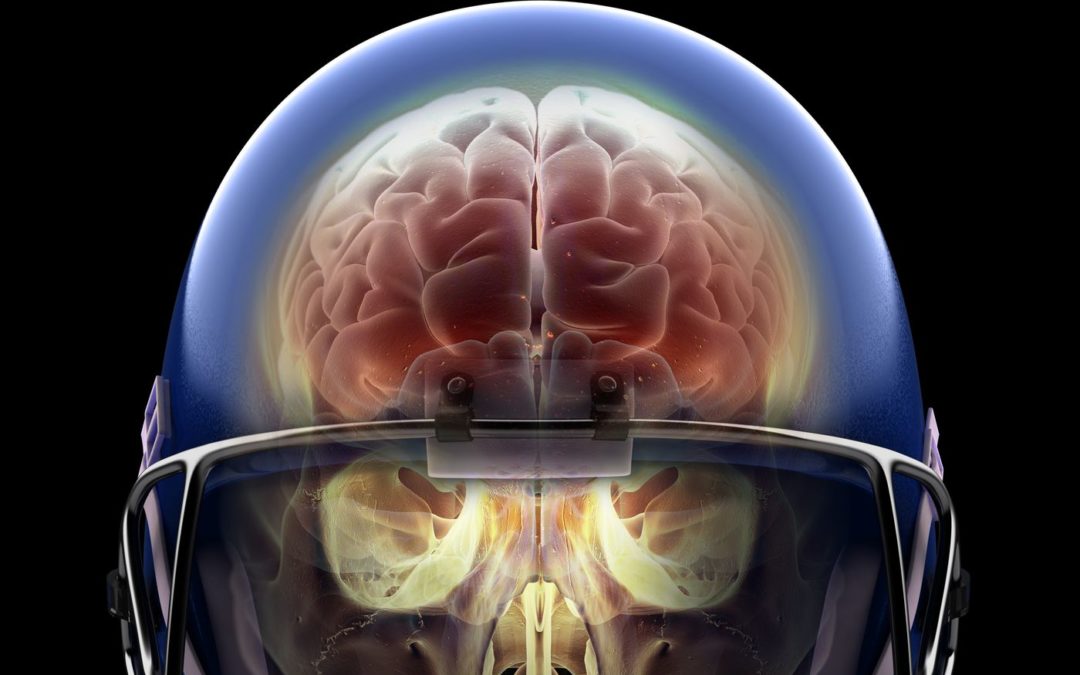If you have been involved in athletics over the past decade, then it is likely you have heard the debate surrounding concussions. Due to recent events in professional sports, concussions have once again become a hot topic for media, parents, teams, and athletes. While it is never a positive thing for any athlete to suffer a head injury, it provides an opportunity to have an open discussion and clear up some misconceptions regarding the diagnosis, care, and treatment of concussions. At the end of the day, the goal is to make sure we are doing everything we can to keep athletes safe.
This article will look at some of the myths regarding diagnosing concussions.
- Myth: You must lose consciousness for it to count as a concussion.
This is an old misconception that goes back to the “bell rung” days when loss of consciousness meant head injury and anything less than that was brushed off as a normal part of the game. In actuality, research shows that loss of consciousness occurs in less than 10% of concussions.
- Myth: Symptoms will present immediately.
This one can cause some difficulty for parents and coaches when, following a blow to the head, the athlete appears fine and reports no symptoms. The athlete may begin reporting symptoms later on in the game or when she arrives home or the next day, as symptoms may present 24 hours later. It is not uncommon for there to be a delay, and the athlete should be held from participation until evaluated by a healthcare professional.
- Myth: There can be no concussion if the athlete was wearing a helmet.
“There is no concussion-proof helmet,” according to the CDC Heads Up page. Helmets do a fantastic job of protecting against serious injuries such as skull fractures, facial injuries, etc. However, they do little to protect the brain from moving within the skull, the mechanism for a concussion. While helmet manufacturers are working hard to improve their technology, there is little to no quality research that shows helmets can do much to limit the risk of concussion. Click here for a study on rating the best hockey helmets.
The research around concussions is changing rapidly and has come a long way in just the last few years. To ensure that your child is in the best hands, ask your physician what experience they have with concussions. Ask your athletic trainer if they know a physician they can refer you to. And keep in mind that those who are on the front lines of concussion diagnosis and management (sports medicine physicians, athletic trainers, sports physical therapists, etc.) may be the most up-to-date on best practices, even if they are not the athlete’s primary care physician.

